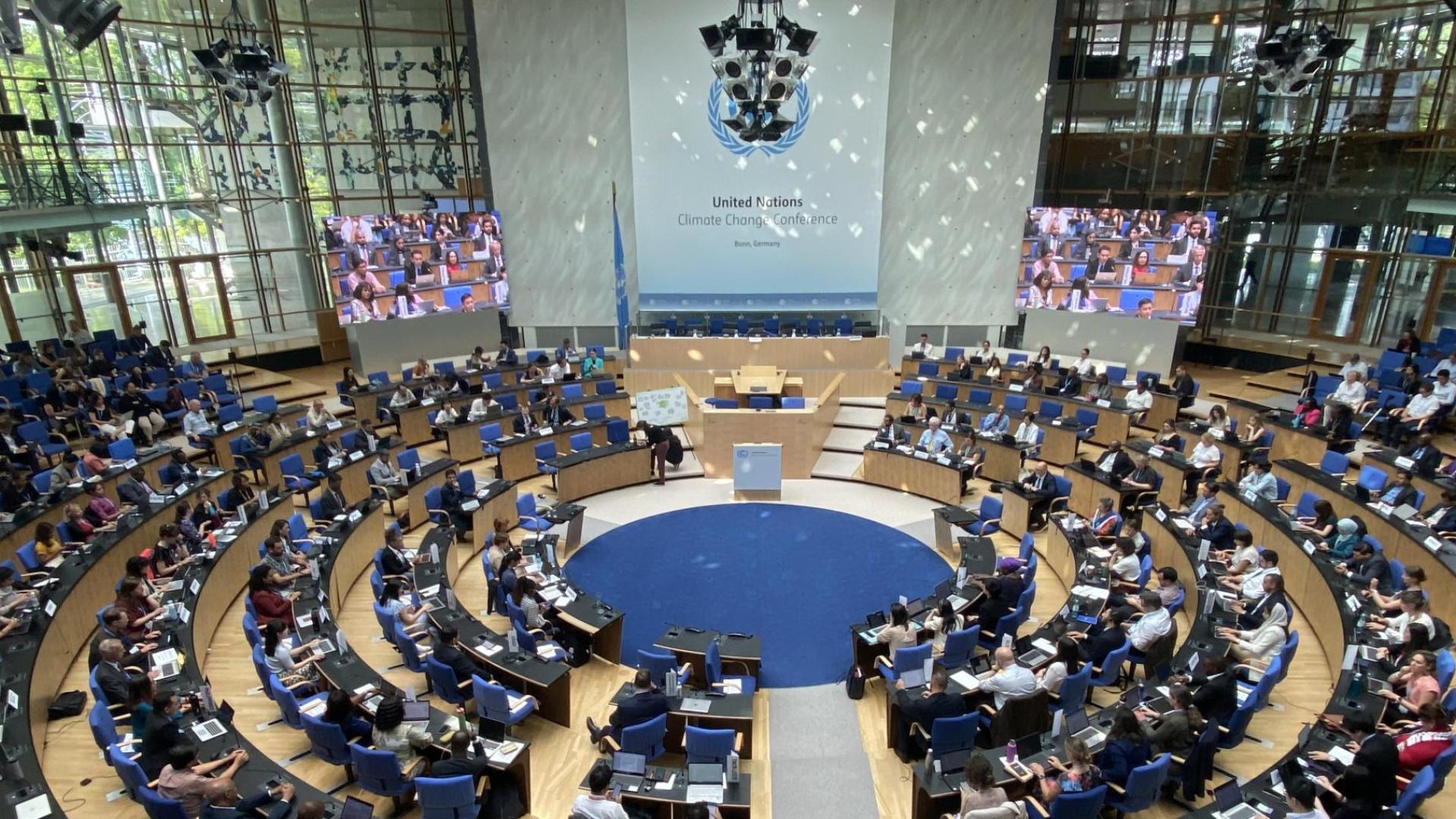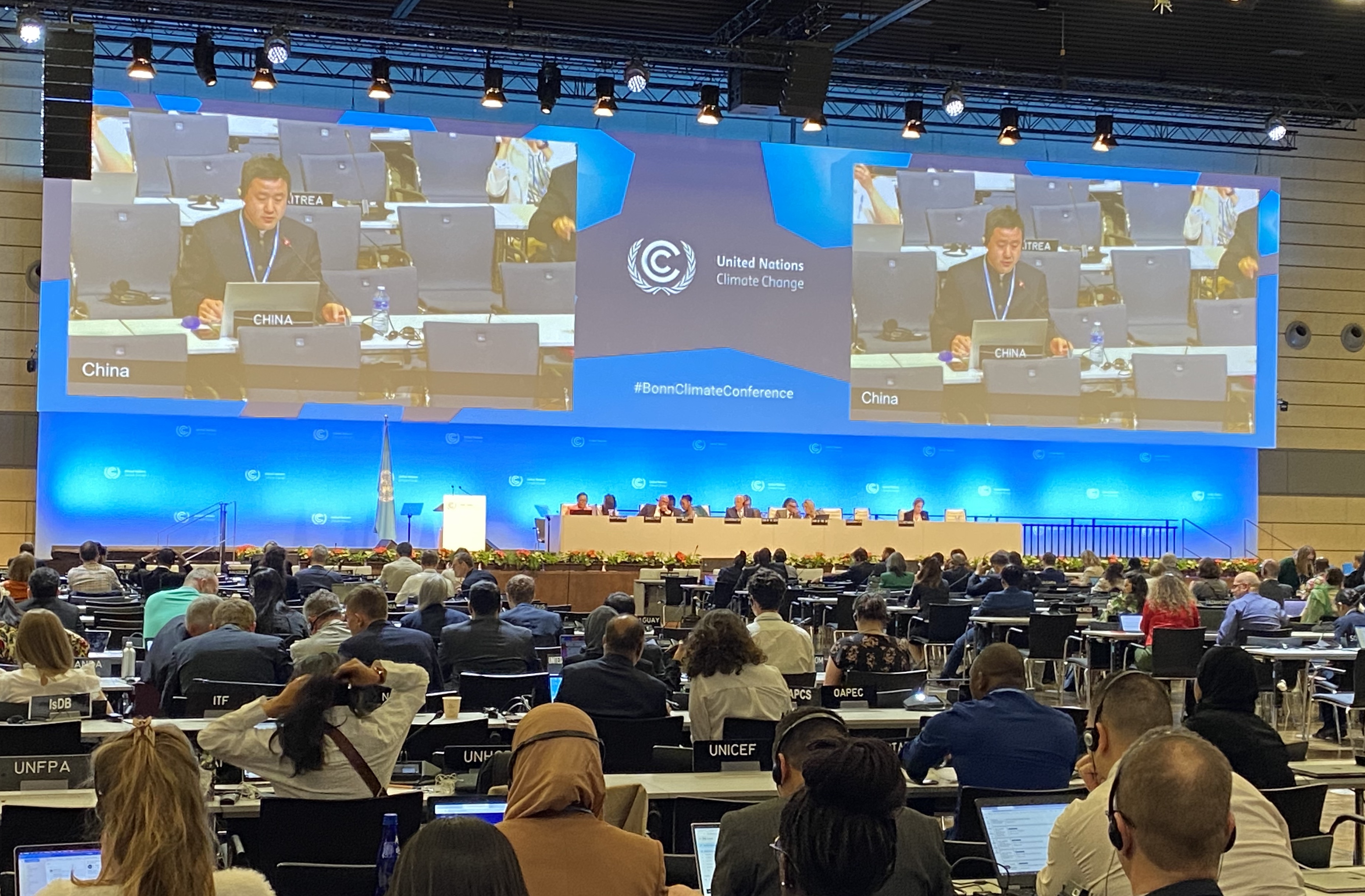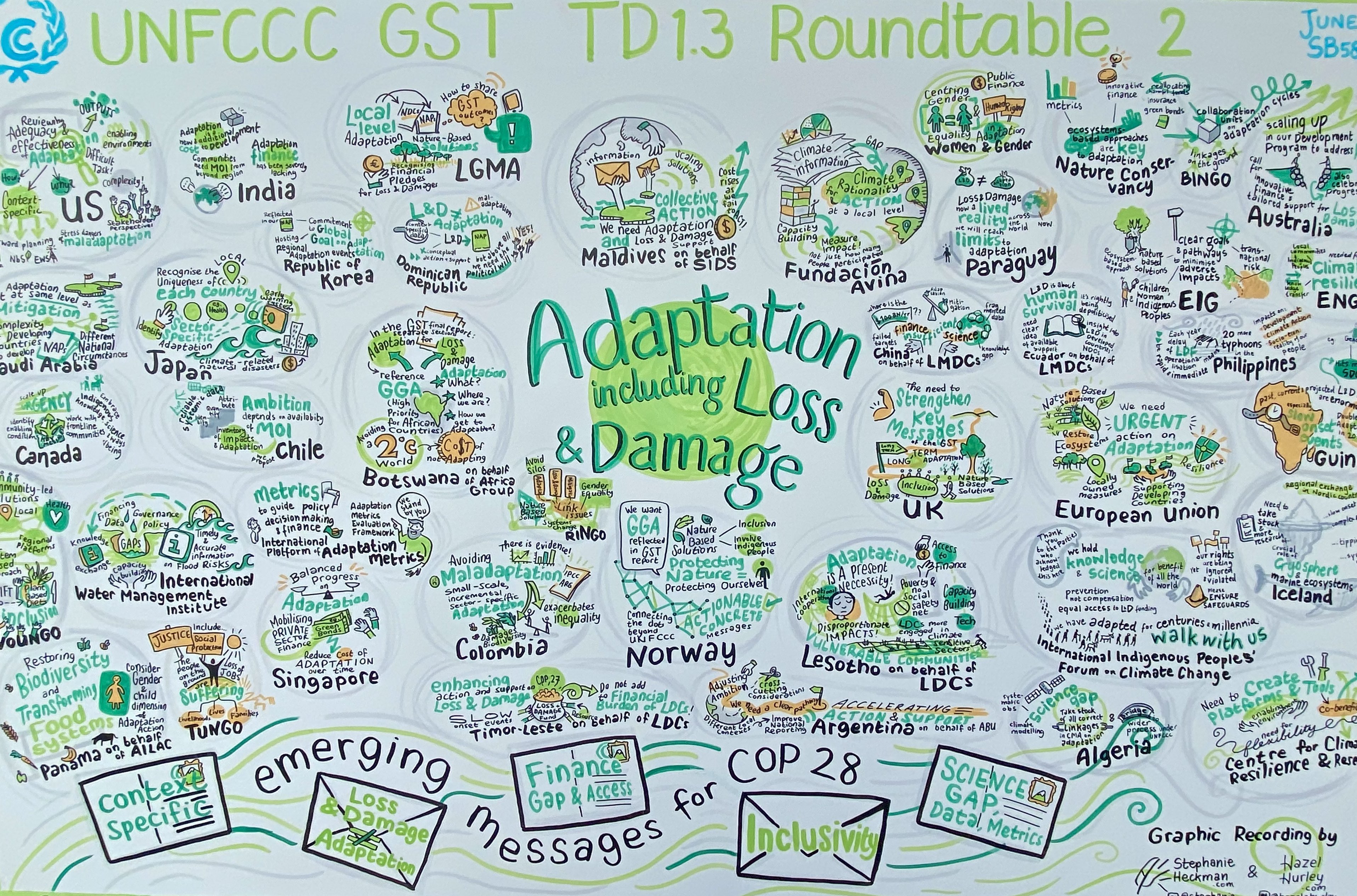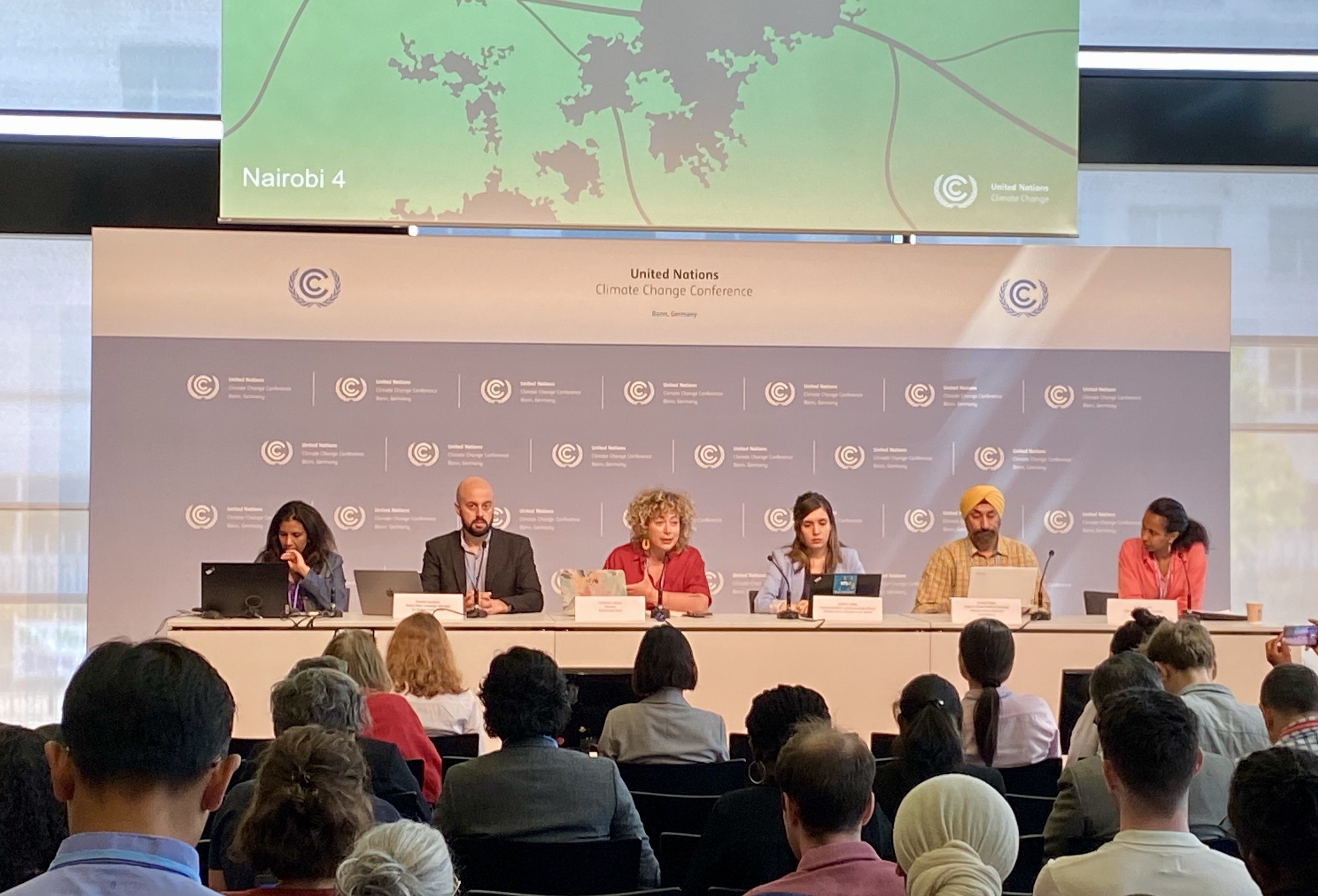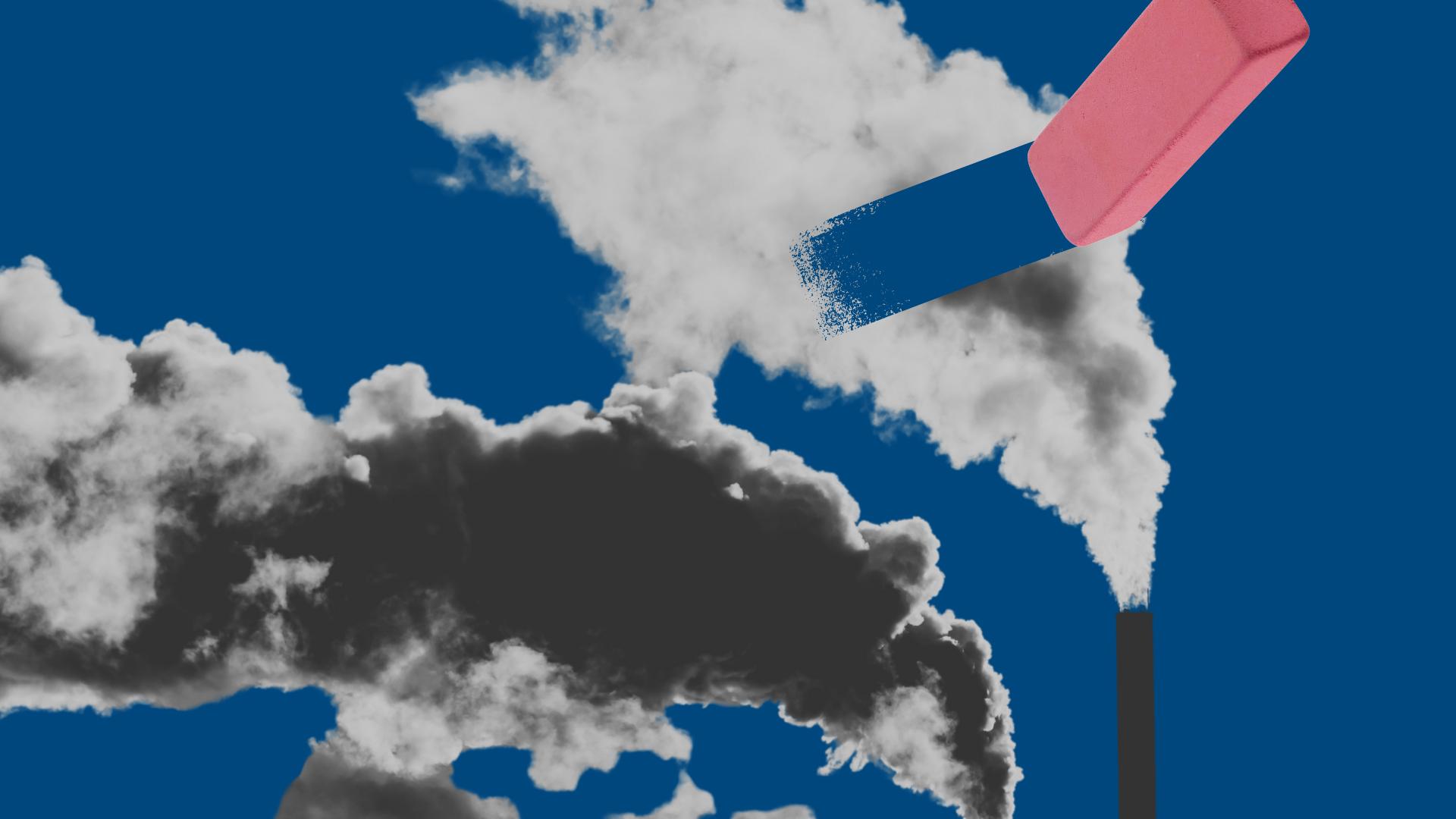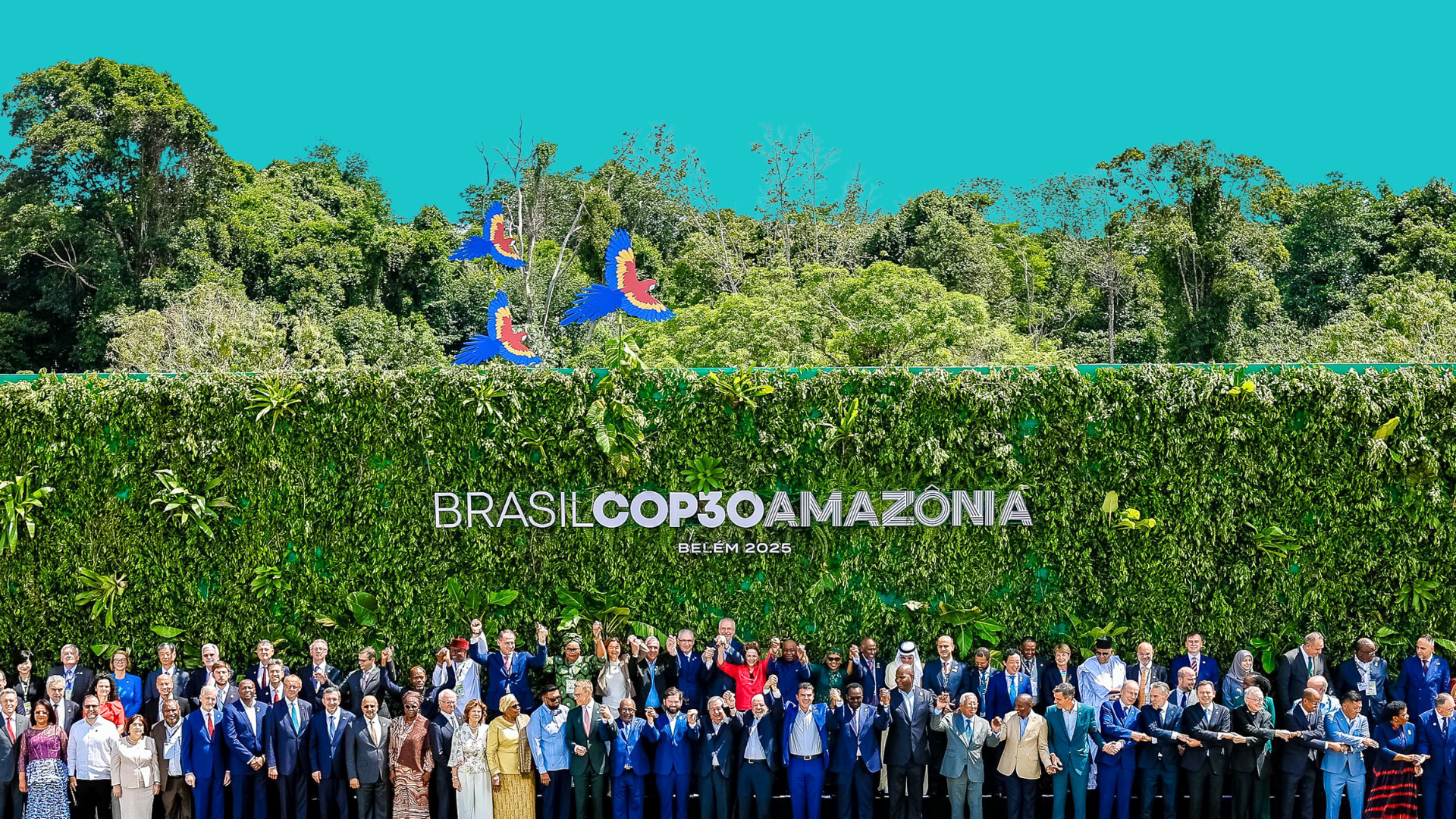Integral to this conversation is the question of responsibility. Given that LMICs will face steeper challenges from climate change than HICs but have done little to contribute to the problem, a looming question of who is responsible for paying for all the damages hangs over international climate talks. It should be no surprise, then, that there is growing anger among LMICs over the position they’ve been put into with little recourse and few financing options that won’t drag them deeper into debt.
That anger should be a wake-up call for HICs that the situation is untenable; a serious “rescue plan for people and the planet”—one that addresses mitigation as well as adaptation and losses and damages—must be resourced and scaled urgently for any chance to meet international climate and development objectives, or negotiations will continue to fail and fragment. Without a mechanism for international cooperation, climate and development action will fall further behind, quality of life for ordinary people around the world will deteriorate, and development may continue along a path that increases emissions, ultimately undermining human and planetary well-being further.


